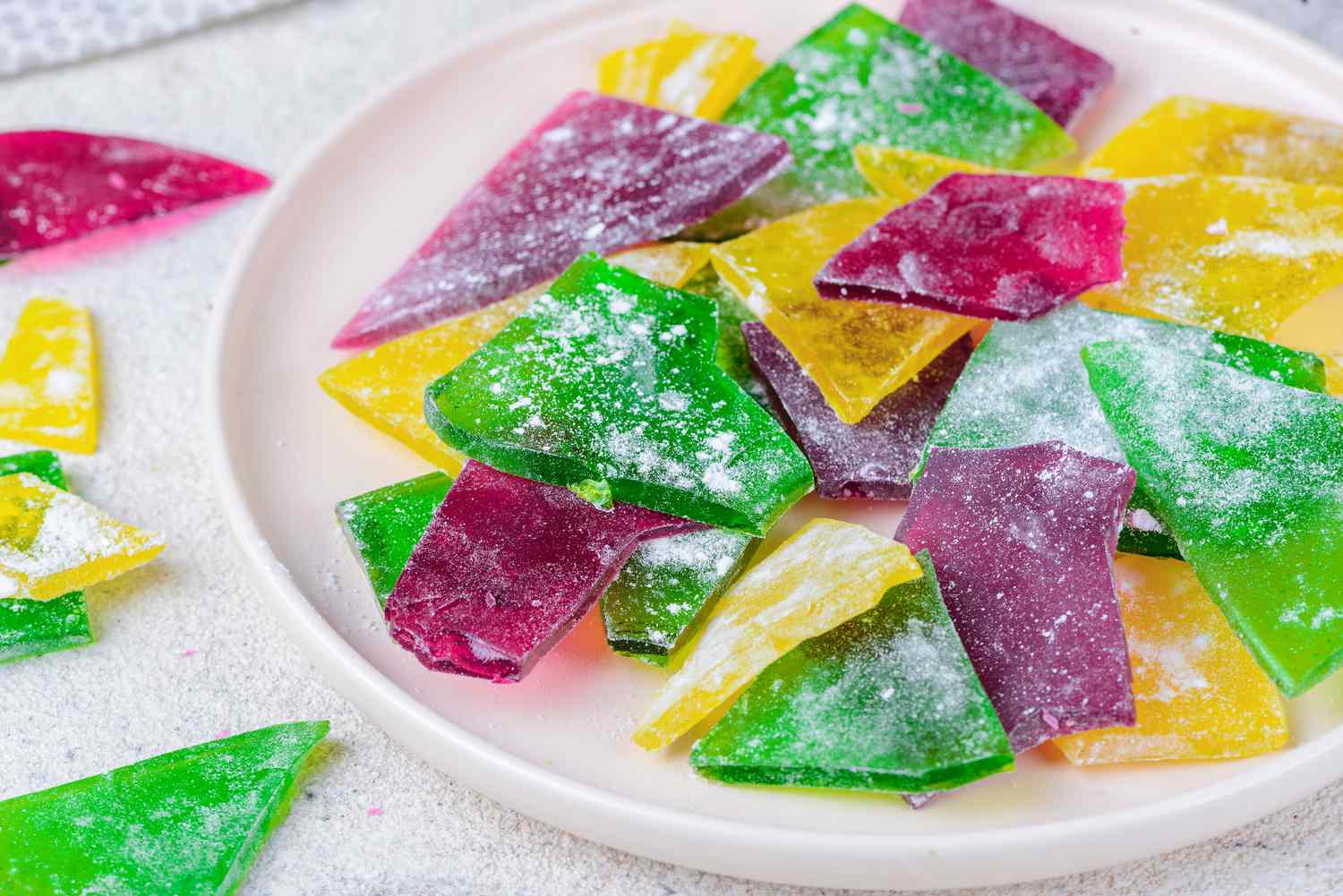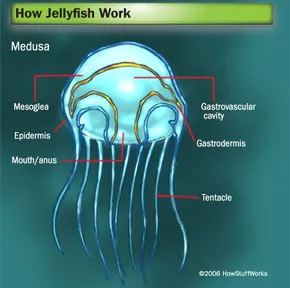Making homemade candy is extremely fun and delicious. Not only do you get to eat these tasty treats, but you can also customize the batch size, the flavors, and the type of candy you are making. There is also a ton of science behind the process of candy making.
BASICS OF CANDY MAKING
Candy is usually made from mostly sugar, with a few other ingredients (these include corn syrup and some optional ingredients). You need a stovetop, a pot/pan, granulated sugar, and corn syrup or some other anti-crystallization method. As you boil the sugar, it heats up a lot, and it goes through different candy phases.
THE DIFFERENT STAGES OF BOILING SUGAR
You can tell what stage the molten sugar is in using a candy thermometer or a bowl of cold water (I’ll explain later). The different stages include Thread Stage (230-234°F), Soft Ball Stage (235-245°F), Firm Ball Stage (245-250°F), Hard Ball Stage (250-266°F), Soft Crack Stage (270-290°F), Hard Crack Stage (295-310°F, and the Caramelization Stage (320-350°F), after 350°F, the sugar burns into this sticky tar-like material (so be careful near the caramelization stage). If you don’t have a candy thermometer, you can use the cold water test. The cold water test is when you add a small amount of molten sugar and drop it into a bowl containing cold water. Then, you wait a moment for the syrup to cool. With the texture of the syrup, you should be able to tell the stage and temperature of the rest of the boiling syrup. If the syrup forms thin threads, it is in the Thread Stage. If the syrup forms a soft, pliable ball that can be flattened easily, then the syrup is in the Soft Ball Stage. If the syrup forms a firm ball that holds its shape and can’t be flattened too quickly, it is in the Soft Ball Stage. If the syrup forms a semi-pliable, solid ball that can’t be flattened easily at all, then the syrup is in the Hard Ball Stage. If the syrup forms complex, flexible threads that bend before breaking, then the syrup is in the Soft Crack Stage. If the syrup hardens into brittle threads that crack easily, then the syrup is in the Hard Crack Stage. You don’t need to use this method to test the caramelization stage because you can usually tell from the syrup’s brownish color.
CRYSTALLIZATION
Crystallization is when the sugar molecules in your syrup bond to each other. It is usually pretty annoying to deal with (Other than making rock candy, there aren’t typically many reasons you want crystallization). There are many ways that crystallization can happen, including outside disturbance/agitation, supersaturated sugar, and the presence of impurities. Some ways to prevent crystallization are to add corn syrup (or other items that include fructose or glucose), add acidic ingredients, or use a wet brush to brush the sides of the pan/pot (to add constant water to prevent crystallization).
TYPES OF CANDY
There are four main types of candies (not including chocolates): Hard candies, Chewy candies, Syrup, and Gummies. There are many ways to customize the original recipe of only using sugar (and maybe a bit of corn syrup) to make a more extensive variety of candies. For example, you can add butter or cream for more richness and a smoother texture or whipped egg whites for a fluffy texture. Some other examples include using gelatin to make spongy or gummy candy, using vanilla for extra flavor, baking soda to create tiny air bubbles in the candy, or using brown sugar instead of plain sugar to add a deeper flavor. You can also always add other flavorings or coloring to it as well.
In conclusion, making homemade candy combines science with creativity and offers a unique and delicious experience, making it a fun way to make tasty treats.
RELATED STORIES:
https://www.thekitchn.com/candymaking-basics-how-to-work-65049
https://www.thespruceeats.com/candy-making-for-beginners-520303
https://www.acs.org/education/chemmatters/past-issues/archive-2014-2015/candymaking.html
https://www.howtocookthat.net/public_html/how-to-make-candy-home/
https://www.allrecipes.com/recipe/35842/hard-candy/
TAKE ACTION: (Some recipes you can try)
https://www.allrecipes.com/recipe/67084/old-fashioned-hard-candy/
https://longbournfarm.com/homemade-hard-candy/






